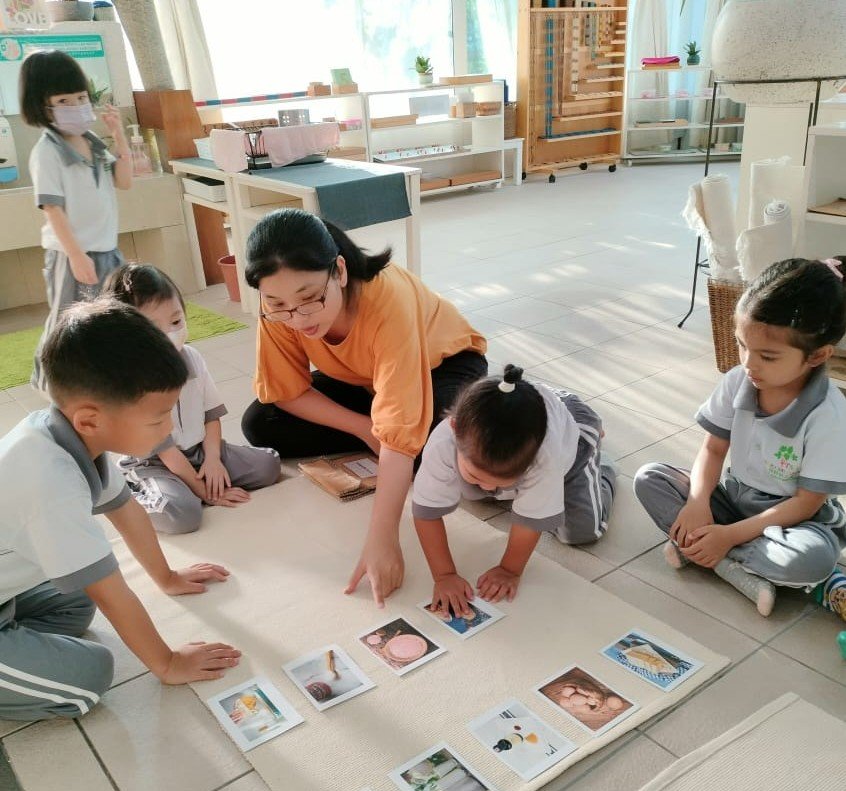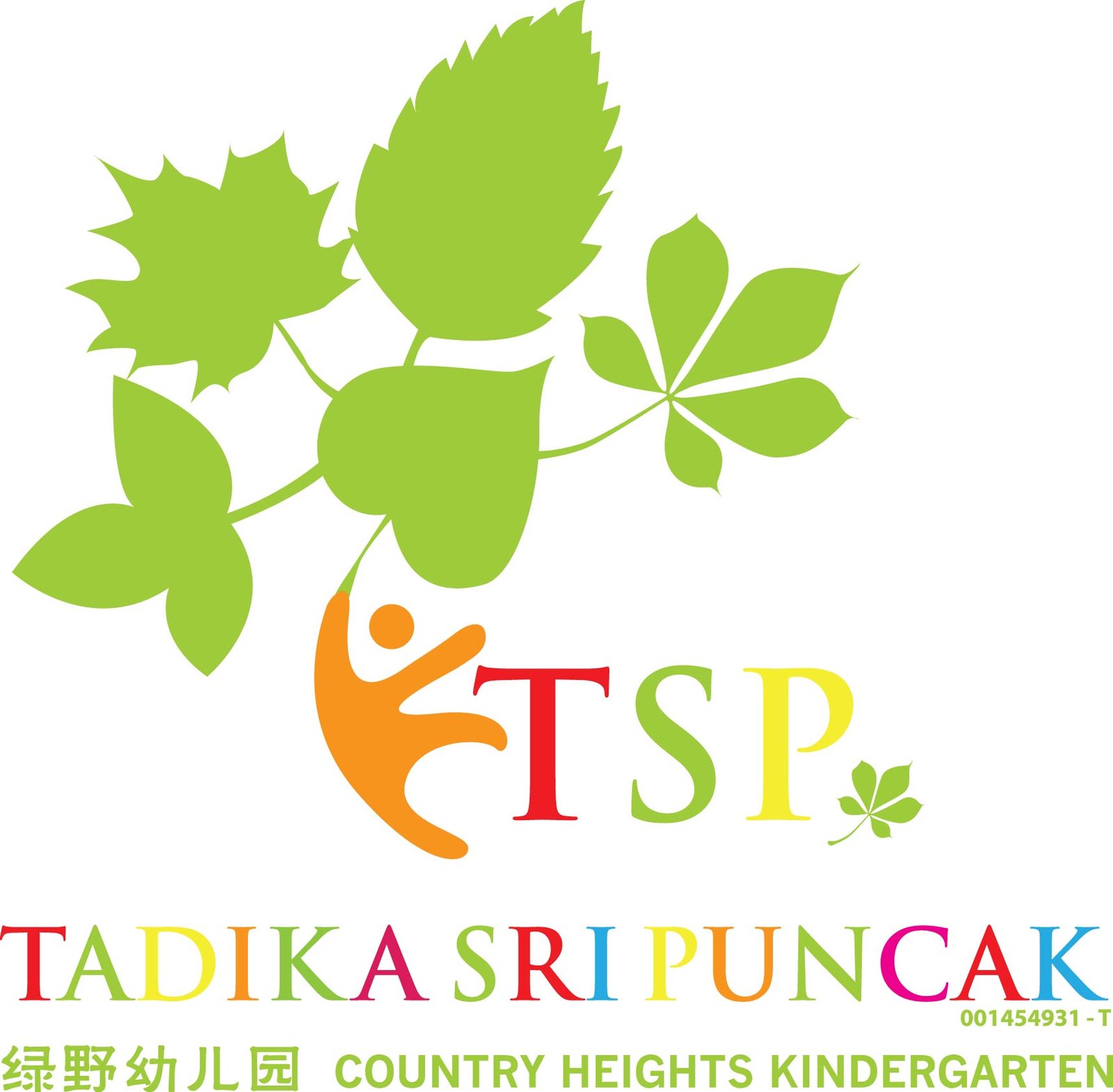The power of observation is one of the many key elements of a Montessori classroom. Children are free to observe their peers, in so far as they don’t interrupt their concentration, or otherwise disturb them.
Observation in a Montessori classroom is beneficial for several reasons:
Promotes Learning- Observation allows children to learn from their peers’ actions, behaviours, and interactions, fostering a deeper understanding of concepts.
Develops Empathy-By observing others, children develop empathy and an understanding of different perspectives and emotions.
Encourages Independence-Through observation, children learn to solve problems on their own and develop self-reliance, which are fundamental principles of the Montessori method.
Enhances Social Skills-Observing peers in a classroom setting helps children learn social norms, develop communication skills, and build friendships.
Supports Different Learning Styles-Observation caters to different learning styles, allowing children to absorb information visually and kinesthetically.
Facilitates Teacher Guidance-Teachers can use observations to assess individual children’s needs and tailor their guidance and support accordingly.
Overall, observation plays a crucial role in the Montessori classroom, contributing to a holistic learning experience for children.


